Fact-Checking Trump’s Claims About U.S. Tariff History
President-elect Trump has made exaggerated claims about U.S. tariff history, particularly regarding revenue generation from tariffs on Chinese imports. Despite asserting that previous administrations collected no tariff revenue, historical data indicates otherwise. Trump’s reference to McKinley’s tariff policies fails to account for the economic turmoil that followed. Tariffs remain a contentious issue, with their implications for consumers and businesses widely debated.
Recent comments by President-elect Donald Trump regarding the history of U.S. tariffs have been met with skepticism from historians. While defending his plans to escalate tariffs on imports from nations such as China and Mexico, Trump asserted that previous presidents had not collected revenue from these tariffs, claiming his administration was unique in this respect. However, historical data contradicts this assertion, revealing that the federal government has consistently collected billions in tariff revenue long before Trump’s presidency.
Trump cited 19th-century tariff reforms introduced by President William McKinley to argue that increased tariffs could benefit the American economy. Nonetheless, experts note that the economic landscape during McKinley’s era was fraught with challenges, as the United States experienced a significant depression shortly after his tariff increases. Although Trump did raise tariff rates substantially during his tenure, the revenue generated remains a small fraction of federal income and has yet to provide a primary means for funding government expenditures.
Trump’s proposed tariffs for his next term aim to impose an additional 10% on Chinese goods and 25% on products from Canada and Mexico, potentially generating $300 billion annually. Tariffs, traditionally seen as detrimental to consumer prices, continue to be debated as tools for economic protectionism, often passing costs onto American consumers. In conclusion, while Trump’s assertions regarding tariffs resonate with his base, they are met with significant historical discrepancies, emphasizing the complexities surrounding trade policy and its impact on the economy.
Tariffs in the United States date back to the 1700s and have served as a significant source of revenue for the federal government. Over the years, their role has evolved alongside shifts in economic policy and the establishment of the federal income tax in 1913. This transition marked a decline in tariffs as a primary revenue source, with economists and historians often critiquing their overall effectiveness in stimulating economic growth, particularly during periods like the 1890s when the nation faced economic hardships despite high tariff rates. Understanding the historical context of tariffs is crucial for evaluating contemporary claims about their benefits and implications.
In summary, President-elect Donald Trump’s statements regarding tariffs and their historical context lack accuracy and reflection of economic realities. Tariffs have been a longstanding method of revenue for the U.S. government, and the historical evidence pertaining to the McKinley administration’s tariff policies suggests that high tariffs did not necessarily correlate with economic prosperity. Additionally, the burden of tariffs often shifts to American consumers, complicating the narrative surrounding their economic benefits.
Original Source: www.cbsnews.com
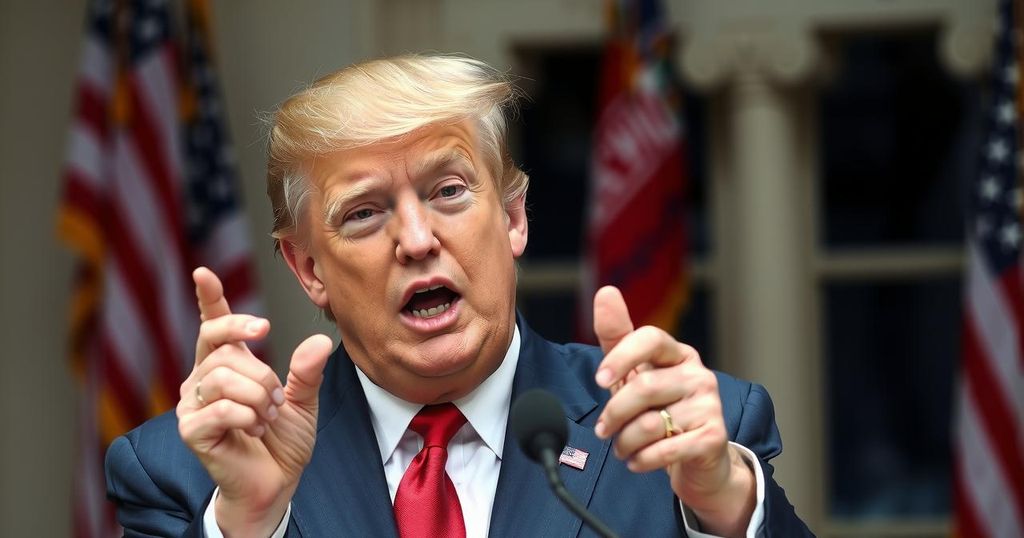

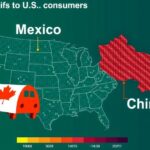
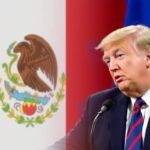
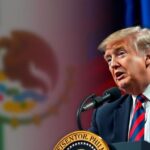
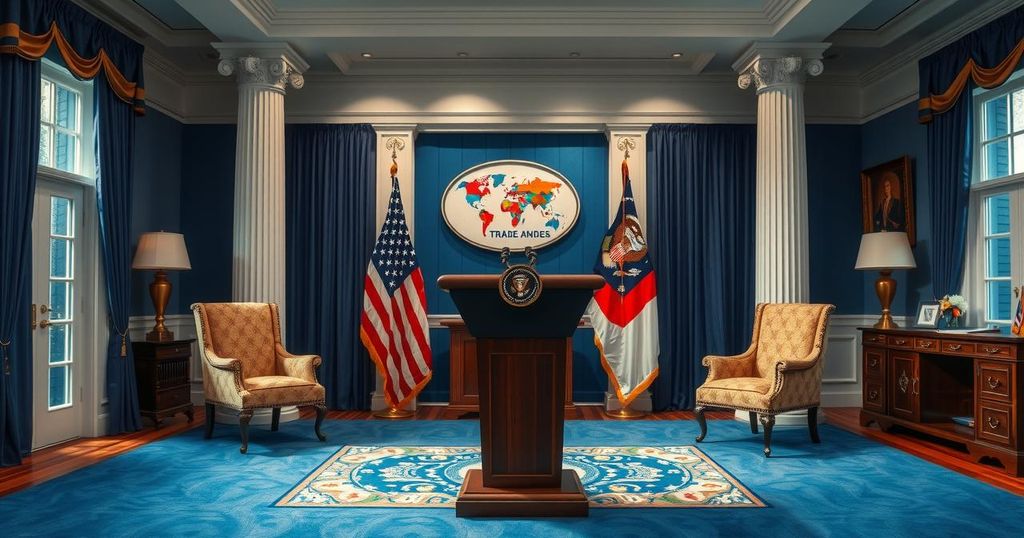


Post Comment